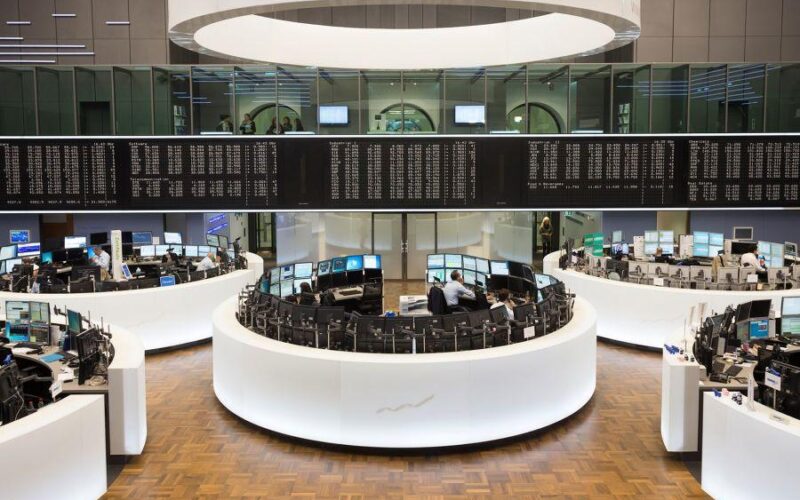The Frankfurt Stock Exchange, owned by Deutsche Borse, has recently unveiled its plans for growth, investment, and onboarding institutional investors as part of its “Horizon 2026” strategy. This includes the creation of a digital asset platform and expanding its asset classes and registry.
Prioritizing Crypto and Adoption in Europe
One of the key aspects of the exchange’s strategy is the prioritization of cryptocurrencies. By creating platforms for trading digital assets, the Frankfurt Stock Exchange aims to contribute to the growing rate of adoption in Europe.
According to the press release, the exchange has set a goal of 7% growth until 2026 and plans to acquire new firms to boost its growth ratio. Additionally, it intends to implement a new capital management scheme and allocate 300 million euros for shares buybacks.
Leveraging Technology and Streamlining Processes
As the exchange continues to establish its leading position in digital platforms, it recognizes the potential of new technologies in streamlining the digitization of asset classes and improving trading and settlement systems.
The company emphasizes the importance of Clearstream’s D7 digital post-trading platform for investible and tradable instruments, which is expected to be rolled out soon. The necessary investments for these initiatives are already accounted for in the Horizon 2026 strategy.
“The necessary basic investments are already included in the Horizon 2026 strategy, while the long-term positive effects on the group’s revenue are conservatively not included.”
Driving Tokenization and Institutional Investor Engagement
In line with the growing interest from institutional investors, the Frankfurt Stock Exchange aims to ensure and expedite tokenization and related trading activities. This aligns with Germany’s position as a top recipient of digital asset fund inflows from institutional investors.
Europe, as a whole, has seen a significant increase in institutional investors and crypto firms compared to other regions. Analysts attribute this growth to a more favorable regulatory environment, particularly in comparison to North America.
Regulatory developments, such as the recent signing of the Markets in Crypto Assets (MiCA), have brought clarity and accountability to the ecosystem. This trend is also observed in Asian markets, where regulation is being prioritized.
















